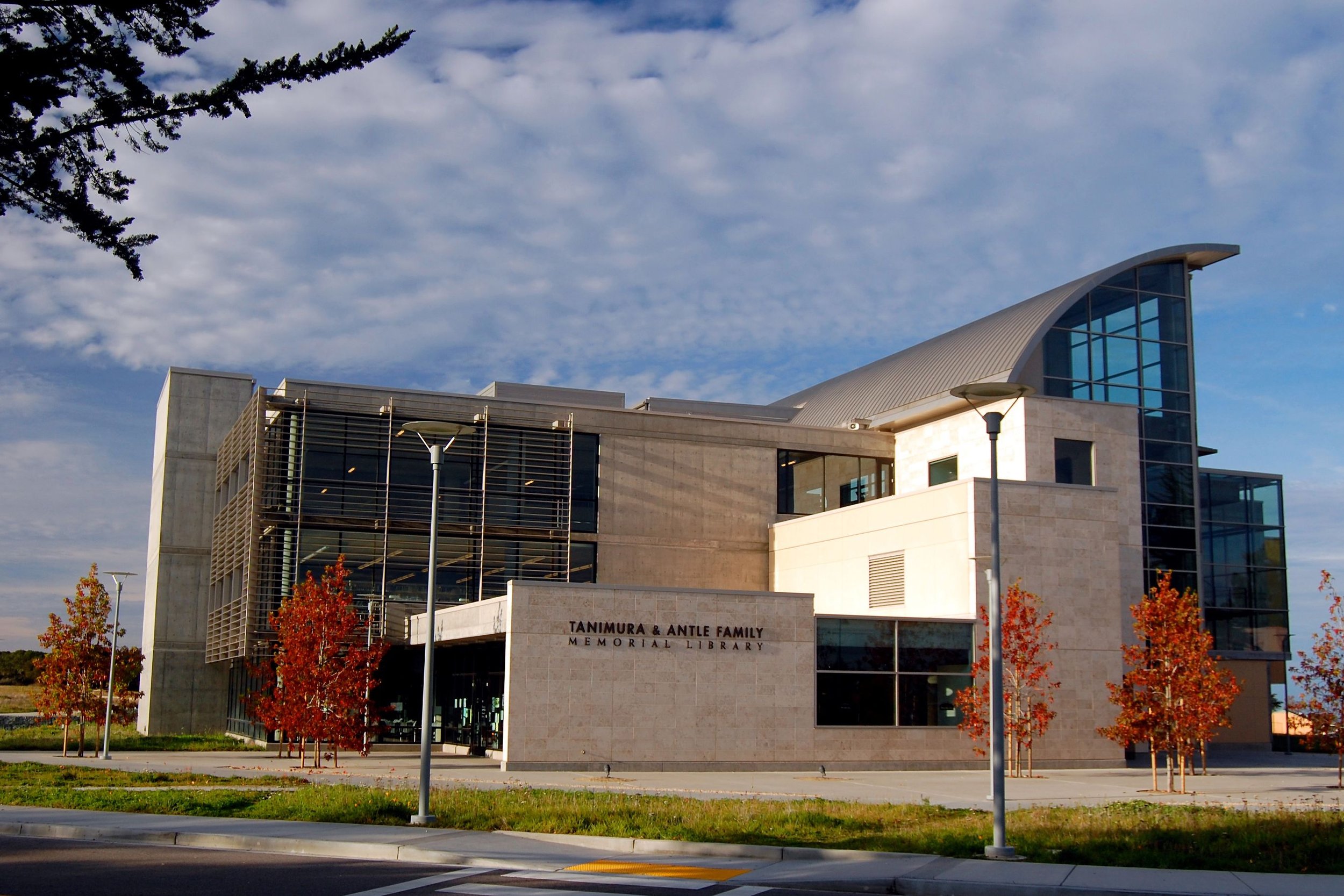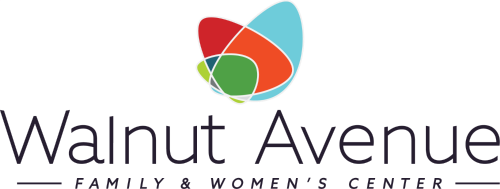
CSUMB Internships
Students from California State University, Monterey Bay, have historically been some of the most dedicated interns at Walnut Avenue, benefiting our staff, volunteers, and various services.
College of Health Sciences & Human Services (CHHS)
Intern Service Options
Hotline advocacy is the only required component of a CHHS internship. This entails:
One weekly hotline shift, served remotely;
One monthly supervisory meeting on the first Wednesday of every month, 5:30-7:30pm PST;
A time commitment of 12 months. (The completion of your year of hotline often coincides with the end of your CHHS internship.)
Depending on staff availability, COVID restrictions, and funding, the following positions may be additional options:
Youth services: Teen Group facilitation; building community connections to bring our services into foster group homes and/or probation; classroom education and workshop facilitation in middle schools and high schools.
Support group facilitator: because of the time it takes to train a group facilitator, this position is only available to CHHS interns, who usually spend 1.5 years at their internship site. Our support groups are gender-inclusive support groups for survivors of domestic violence and involve peer counseling, group management, and domestic violence education.
Transformative justice process facilitator: in collaboration with the Conflict Resolution Center of Santa Cruz, Walnut Avenue offers a transformative justice program called Space for Change (a program built with the significant input of prior CHHS interns!).
Community education: building a curriculum relevant to our services and facilitating educational opportunities for the general public; logistical planning of events to encourage community engagement with domestic violence as a form of violence prevention; adapting our preexisting educational materials to meet the needs of an underserved community.
You may also participate in any of our other standard volunteer programs which aren’t listed here.
CHHS Internship Timeline
CHHS interns typically spend three semesters with us. Because of the annual scheduling of our domestic violence training, which is legally required to provide direct service, CHHS internships usually follow the timeline below.
The first semester:
For the first month or two before the start of the domestic violence training, you get involved in non-direct service projects which are meant to introduce you to the field of domestic violence, get to know Walnut Avenue and its staff, and get a deeper understanding of our services so that you can make a more informed decision on which programs you’d like to do once you’re certified to do so.
Focus on attending and completing the 40+ hours of the domestic violence training. The trainings begin in the last week of October or the last week of April and take 14 hours a week for four weeks to complete.
The domestic violence certification training is validated under California state law and can be added to your CV or future school applications.
The next two semesters:
Begin direct service (Fall cohorts begin on December 1 while Spring cohorts begin on June 1):
Provide peer counseling and direct service on our 24-hour hotline to adult and teen survivors of domestic violence as well as to survivors’ loved ones and third party service providers seeking consultation
Choose at least one additional area of direct service (e.g. Teen Group, the Early Education Center, Community Education)
Eligibility
In addition to the general eligibility requirements for all of our volunteers, Walnut Avenue has found that the most successful direct service interns are often those who are:
Passionate about gender-based violence;
Willing to uphold all the policies of their chosen program(s), including turning in any required paperwork on time;
Communicating regularly with their supervisor about challenges they encounter. These challenges might be emotional, as is common with any area of direct service related to violence, or professional, such as lapses in communication or needing a different style of supervision for greater success.
Academic Intern Responsibilities
Academic interns are expected to:
Ensure that the tasks they take on are approved by their academic program;
Inform their Walnut Avenue supervisor ASAP if an assigned task is not approved to receive credit from their academic program so that their workplan can be adjusted to make sure the intern is receiving full credit for all of their work;
Be proactive about informing their supervisor about any upcoming deadlines or other program requirements.
Supervision
Because of the variety of services that CHHS interns usually do, you will have multiple supervisors:
The hotline supervisor, who oversees your hotline service;
The supervisor of any additional program you choose to do, who oversees your activities in their program;
The community engagement coordinator, who helps with managing your internship as a whole and CSUMB-related requirements
The community engagement coordinator meets with you on a regular basis to check in on how you’re balancing your different activities, offer additional support both emotionally and in professional development, and provide the evaluations and timelog approvals required by CSUMB to validate your academic credit. This typically looks like a virtual meeting once a week that can run between 20-60 minutes.
The coordinator often employs the use of a workplan like this example one to help maintain clarity on current projects, goals, and the progress being made. It acts as a reference for both you and the coordinator to help minimize that feeling of being “lost” or unsure of what’s expected of you. Unless otherwise requested or needed, the coordinator allows a large degree of freedom in how and when an intern does their work as long as program guidelines are being upheld and deadlines are being met.
